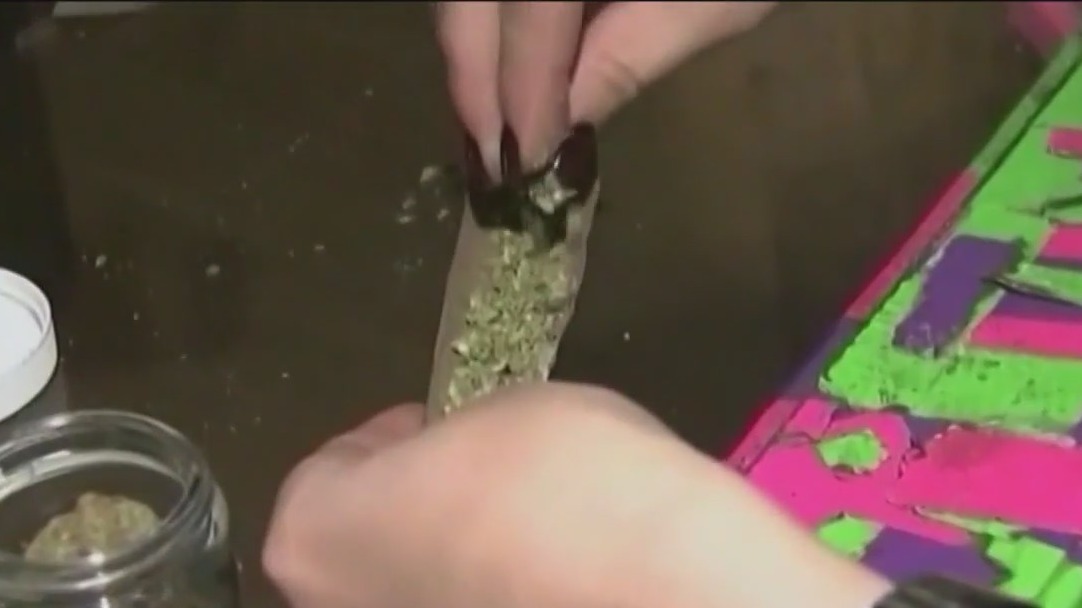NY State Police step up patrols to combat rise of marijuana-impaired driving

NY State Police increasing patrols for drug-impaired driving
Today may be 4/20, a day celebrated by marijuana users across the nation, but just because it's an unofficial holiday doesn't mean that driving under the influence is legal. FOX 5 NY's Jodi Goldberg looks at how cops are weeding out those who are getting behind the wheel high.
NEW YORK - The New York State Police is stepping up patrols, placing extra emphasis on drug-impaired driving, especially on days like today, 4/20.
"Though the consumption of cannabis may be legal, it’s not legal here nor anywhere in the country to drive under the influence of drugs," said Major Stephen Udice who is the Troop Commander of New York State Police Troop L.
According to an insurance industry survey on TheZebra.Com, almost 60% of drivers who use marijuana in legal states admit to driving under the influence. Troopers on Long Island are reporting an uptick as well.
Featured
New York OKs 99 more pot shop licenses after court ruling
A federal court ruling last fall put retail licensing on hold in some regions, including Brooklyn and the Buffalo area. But a federal appeals court lifted most of that injunction last week.
"It slows down your reaction times, your ability to judge distances," Udice said.
Every New York State Trooper is trained in standardized field sobriety testing and advanced roadside impaired driving, but there's at least one DRE or Drug Recognition Expert on every shift which is a trooper with a skill set to identify drivers on drugs and even what kind they’re on.
"Obviously [the] most obvious one is the odor of marijuana, if we don’t see that we can look for bloodshot eyes or droopy eyelids or time and space problems where they can’t do two things at once," said Trooper Christopher Rachek who is a Drug Recognition Expert.
RELATED: Americans are reportedly spending more money on cannabis than chocolate
And it’s not just law enforcement officials noticing the change, drug experts are also seeing what they call a rapid increase in recreational use and dependence.
"We know that experimental misuse and abuse of marijuana and THC products has increased Exponentially here at Long Island Council on Alcoholism and Drug Dependence by at least 30-percent for the clients coming in," said Steve Chassman who is the executive director of LICADD.
If you’re caught driving impaired it could cost thousands in legal fees and fines, possible jail time, and the risk of losing your license.


